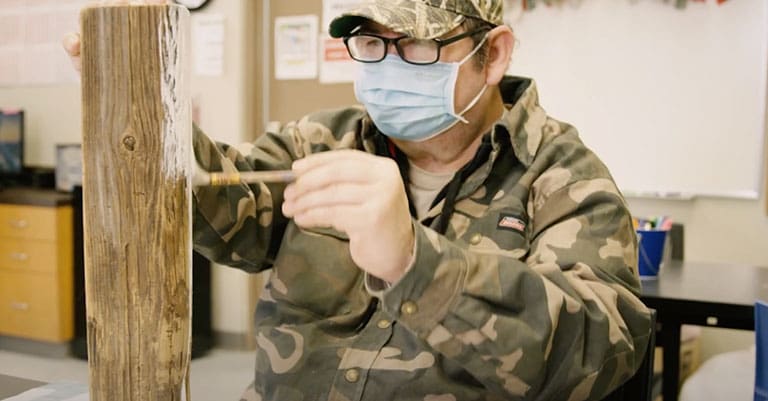Our personalities are intrinsically tied to our brains – that is, until a brain injury occurs and disrupts the sense of self that is so unique to every person and defines who we are.
For all of the medical and scientific community’s vast knowledge of the inner workings of the human brain, there are still aspects of it that are a mystery. Research, clinical studies, statistics, and chemical reactions can only tell us so much about the brain, and there is much debate about what aspects of the mind make us “human.” Nevertheless, our personalities are intrinsically tied to our brains – that is, until a brain injury occurs and disrupts the sense of self that is so unique to every person and defines who we are. Founder of Nexus Health Systems Dr. John Cassidy explores the loss of self in his book Mindstorms, and how recovery and adaptation are ultimately attainable.
The Alien Self
Patients who experience a loss of one of their senses, like hearing or sight, will undoubtedly have to make many adjustments in their lives and adapt to their new reality. But despite the setbacks these conditions present, their brains will adapt and ultimately completely adjust to their disability. The same goes for many brain-injured patients, whose brains gradually recover and develop new neuronal connections through therapy and treatment.
For some patients with severe brain injuries, their brains have been damaged so badly that the “essence” of their personalities prior to their injuries is gone – in its place, an “alien self” appears. The patient may not recognize this change themselves, but it is immediately apparent to their loved ones. These changes in behavior, perception, thinking, memory, and personality can be disheartening to observe.
Anosognosia
Many severely brain-injured patients will also experience anosognosia as a symptom of the loss of self, also referred to as “lack of insight.” Anosognosia prevents the patient from being able to understand or perceive their own illness. This may be a blessing in disguise for the patient, who is unaware that their lives will never be the same. For the family of the patient, however, anosognosia presents a challenge in that their loved one may resist treatment when they’re unable to recognize the need for change.
Moving Forward
The loss of the sense of self due to a traumatic brain injury presents a significant obstacle to both the patient and their loved ones. A drastic change in personality can be difficult to accept, and there may be an expectation that the patient will simply recover or “grow out of it.” But once the need for treatment is recognized, the path to recovery can begin.
“Recovery” in most cases means learning to live with the “new” version of the patient, and the patient themselves adapting to a new self and learning how to be the new “them.” As Dr. Cassidy notes, “progress is certainly possible, and many brain-injured people have gone on to live useful, happy lives even after losing their cognitive skills and living with disabilities.”
By providing brain-injured patients with a safe environment to explore possibilities and test their limits, Nexus is dedicated to returning patients to lives of productivity and meaning and affording their families peace of mind.

